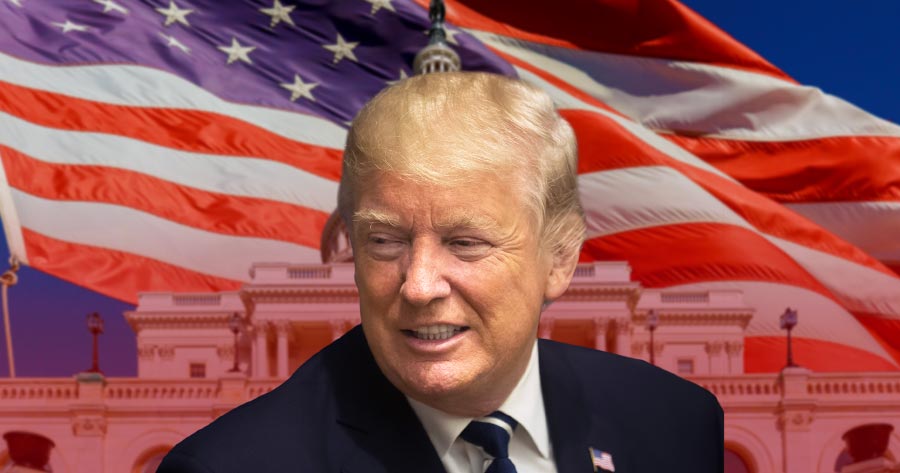Donald Trump’s election victory and his return to the White House are expected to have significant impacts on the global economy.
The soon-to-be president has pledged to his followers to raise tariffs, cut taxes, deregulate, and push to withdraw from key global agreements. Analysts have difficulty forecasting the extent of the impact Trump may bring, especially given the prospect of unified control of Congress. Nevertheless, they emphasize that the global repercussions of these actions will be significant.
Trump has expressed his focus on tariff policy, calling it “the most beautiful word in the dictionary.” Lizzy Galbraith, political economist at asset manager Abrdn, is worried that Trump will use tariffs to either bargain for more concessions from other parties or fulfill his promise and implement them more broadly.
Ben May, director of global macro research at Oxford Economics, expects that Trump 2.0’s immediate economic influence on Europe will be limited. However, his extreme policies, especially on tariffs, could deeply affect trade and financial markets as the EU has strong trade ties with the U.S.
Moreover, Trump’s uncertain stance on conflicts in Ukraine and the Middle East could lead to greater instability in both regions. Analysts at Signum Global Advisors believe that the EU stands to lose the most, potentially becoming “the biggest loser of a second Trump era.”
As for Asia, analysts at Macquarie Group believe that nations in the region, especially China, are now facing “bad news,” whilst being more prepared than in 2016. Trump’s higher tariffs could increase volatility and lower stock valuations due to ongoing uncertainty.
In response, China may accelerate economic stimulus efforts to mitigate the impact. After all, the nation has already planned to support a 5% economic growth target and address issues in its property market to maintain consumer confidence.
Mitchell Reiss, a U.S. diplomat and Royal United Services Institute (RUSI) think tank’s member, stated that Trump may continue to increase tariffs on China until he perceives the playing field to be equitable.





